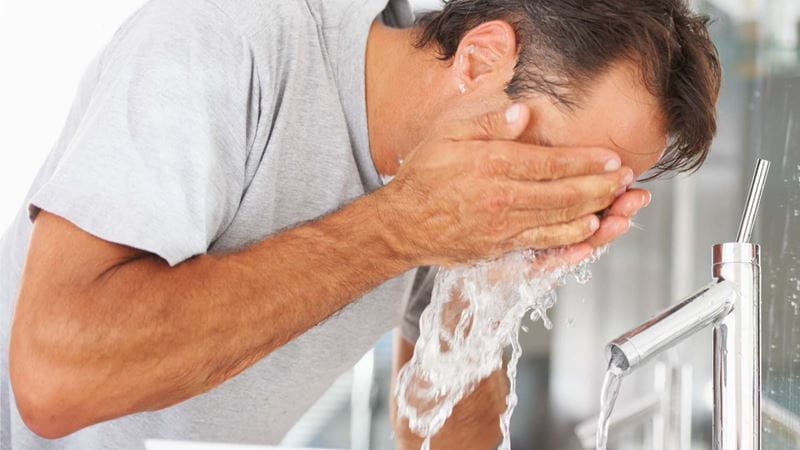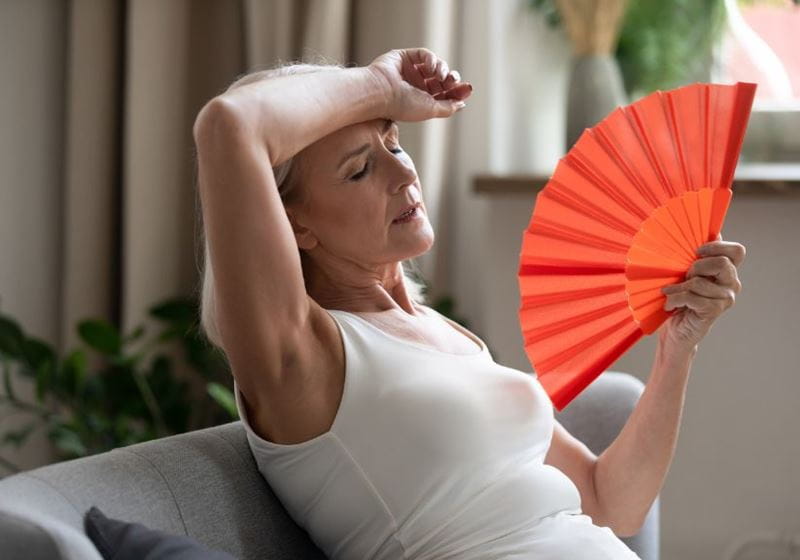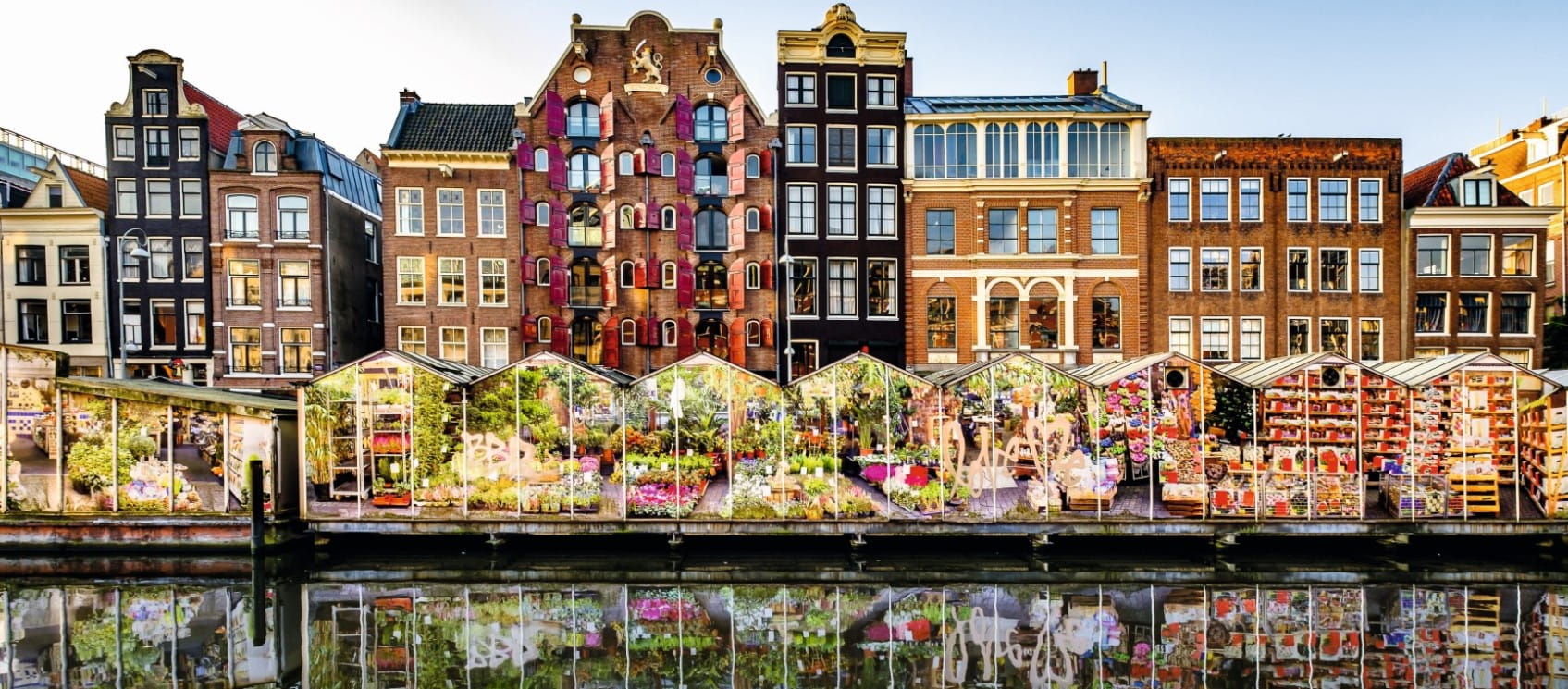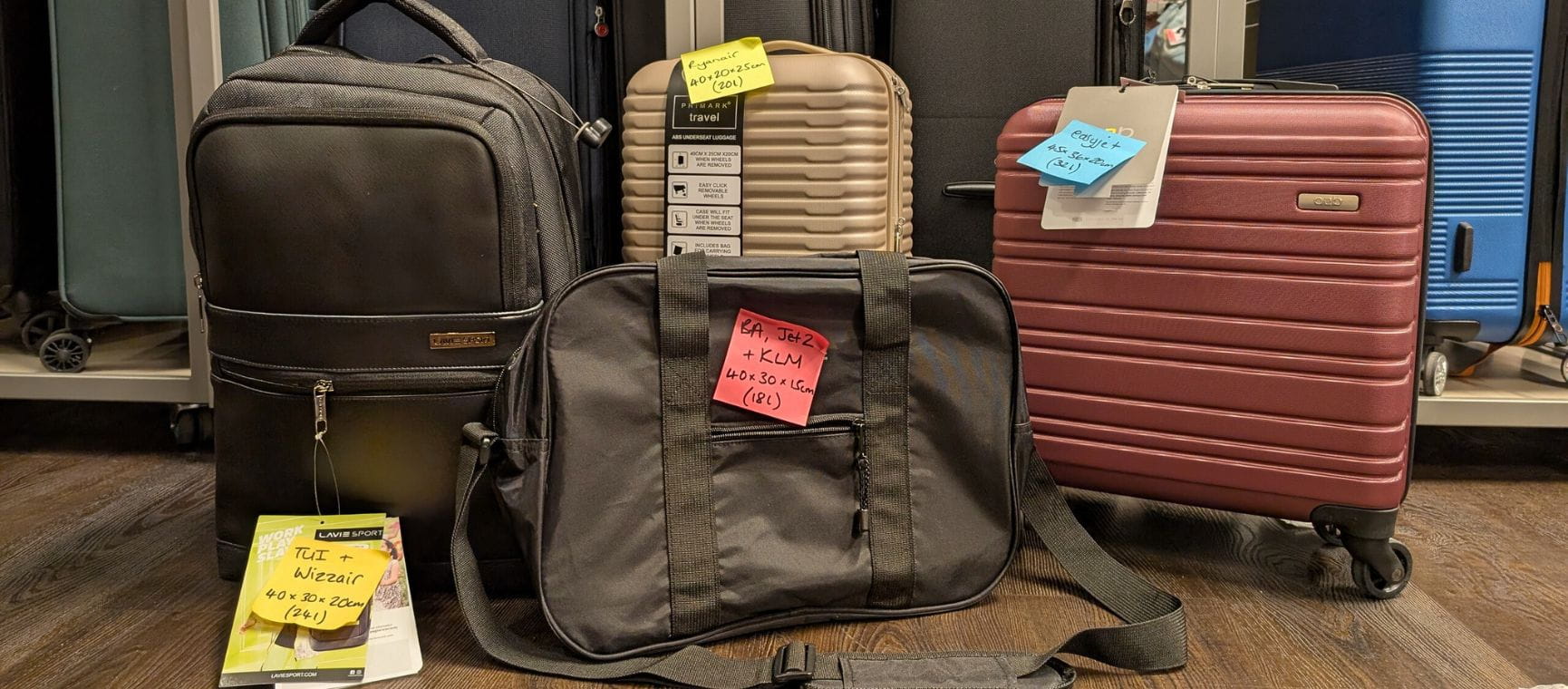How to holiday in Europe during a heatwave
With temperatures soaring overseas this summer, we've got 8 tips on how to stay safe in the heat - and still enjoy your holiday.

With temperatures soaring overseas this summer, we've got 8 tips on how to stay safe in the heat - and still enjoy your holiday.

We might be in the middle of the fourth heatwave to hit the UK this summer, but spare a thought for people living in continental Europe.
Temperatures have soared this year, with Portugal seeing the mercury peak at 46.6° in June. Now for August a long-lasting 'weather dome' is predicted to push temperatures into the forties once again across many European countries, including France and Italy.
Caroline Abrahams, Age UK’s charity director, says: “Some of the temperatures have been unprecedented and very dangerous for people of all ages, especially for the old, the young and anyone with a serious health condition.”
If you are holidaying, or know someone who is, it’s important to take steps to protect your health.
If a country you are planning on visiting is experiencing heatwaves should you still go?
The UK Foreign Office says to “monitor local and international weather updates from the European Meteorological Society, check with your travel provider and follow the guidance of local authorities at all times.”
The Foreign Office also provides a directory giving travel advice on individual countries worldwide, which you can check if you are worried about wildfires or extreme temperatures.

Age UK says: "If where you are staying is air conditioned, you should be safe and comfortable, but if it's not, you may want to take advantage of 'cool spots' that some very hot regions have set up in places such as public libraries.
"If you haven’t gone yet, check with your accommodation provider to see if there is air conditioning included.”
Roche explains that staying hydrated is even more important in hot weather. We need to increase our fluid intake from the daily recommended amount of six to eight glasses. Sipping regularly might be better than gulping large amounts in one go.
Roche advises drinking cool water but also sports drinks, which contain electrolytes, to replace those lost through sweat. Milk and herbal teas are also a good option for hydration.
Age UK says to “Always take water with you when travelling and limit alcoholic drinks, as these can increase the risk of dehydration.” The charity also suggests eating foods that have a high water content, such as cucumber, lettuce and fruits.
If you have kidney disease, staying hydrated is particularly important, since dehydration can affect kidney function.
But if you have heart failure and are on a fluid restriction, staying hydrated can be more of a challenge. If this affects you, the British Heart Foundation has more information.
This is often between 11am and 3pm, although if it's really hot, it can be better to stay indoors throughout the day.
"While this may be frustrating if you were planning lots of sightseeing, it would be sensible to follow the locals’ example,” says Age UK.
When you do go out, stick to the shade.
Roche says to apply a minimum of factor 20 sun cream every two hours. You might want to consider using factor 30 or 50 to protect your skin for longer and better.
Age UK adds: “Make sure you don't miss any spots - it can be easy to forget bald patches, for example.”
And, remember, “UV levels can still be harmful when it’s cloudy.”
“During the day, closing curtains or blinds can make a significant difference,” says Roche.
Age UK adds: “Identify the coolest room in the house so you know where to go to keep cool and only open windows in the evening when the temperature has reduced.”
We've got 12 ways to keep a house cool. You can also look at investing in a portable air conditioning unit if you are holidaying in the UK and have space in your car.
“Remove all unnecessary clothing,” says Roche. Where this isn’t possible, Age UK recommends avoiding wearing dark-coloured clothing, as it absorbs the light and can make you feel warmer.
Opt for light-coloured, loose cotton clothing instead. Make sure to wear a hat outside to protect your head, too.
Age UK suggests: “Have cool baths or showers, splash yourself with cool water and sprinkle your clothes with water regularly.”
Roche adds that placing a cold pack, wrapped in a cloth, under your armpits or on your neck can help with temperature regulation.
But don't be tempted to have a cold shower as your body can try to overcompensate and make you hotter afterwards.
Age UK explains that most medication should be kept below 25C (77F), so if you take medication, it might be best to put it in the fridge when the weather’s really hot.
Check your medication label or leaflet to see how yours should be stored.
We've got advice from the experts on how to sleep well in the heat, at home or on holiday.
You're at increased risk of dehydration, sunburn, heat exhaustion and heatstroke during extreme heat. It's important to be aware of the signs and symptoms of these.
You might not know that if you're over 65, you may be at higher risk of heatstroke compared to when you were younger. For example, as you get older your body is less efficient at sweating to cool down.
Heat can also worsen existing conditions, including heart disease, kidney disease and diabetes. When you're very hot your heart has to work harder. If you have kidney disease, dehydration can affect kidney function, so make sure to stay hydrated.
Heat can also affect blood sugar control if you have diabetes.
Dehydration happens when your body loses more fluids than it gains. It can be caused by spending too long in the sun. If left untreated, it can be dangerous and lead to other health problems.
Roche says: “Older people are at particular risk of dehydration, as they are known not to drink enough fluids even during normal temperatures. People who have co-morbidities, such as high blood pressure, heart disease and diabetes, are also at increased risk.”
It's vital to stay hydrated and check our guide on how much water to drink a day.
According to the NHS, symptoms of dehydration include:

The NHS classes sunburn as hot and sore skin caused by too much sun. It is usually self-treated and gets better within seven days. Sunburn typically means your skin may:
Heat exhaustion can happen when your body overheats, during hot weather or exercise, for example. Although considered less severe than heatstroke, it can still be serious and can develop into heatstroke. Signs of heat exhaustion are:
Heatstroke can also happen when your body becomes too hot, or as a development from heat exhaustion.
It is the most severe form of heat illness and requires immediate medical attention. You should seek medical help if you or someone with you develops the following symptoms:
Read more about heatstroke and sunstroke.
“Check in on them, especially if they are at higher risk of becoming unwell in extreme temperatures,” says Age UK.
“If you are at higher risk, ask others to do the same for you.”


Get 3 months free, plus a £125 Totally Rewards Wellness Gift Card when you start a new policy by the end of 19 February 2026. T&Cs apply.
Underwritten by Bupa Insurance Limited.

Ancient palaces, crystal-clear seas and undiscovered budget beaches – our travel experts share the best travel destinations for 2026.

Our guide to the most remarkable places to visit in Africa, the continent of contrasts.
.jpg?la=en&h=760&w=1730&hash=3900F1F9D5EBD1961A7DFC7B29B5BA1A)
Holidays can boost your brain power, help you live longer and even relieve pain - the surprising and proven health benefits of holidays.






Autumn on Europe’s rivers is always spectacular. We’ve got the best cruises to try in 2025.


We help you beat the airlines at their own game with the cabin bag weight and size limits for the UK's seven most popular carriers.